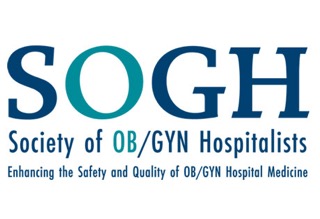Page 7 of 9
Practice Matters
Physicians, like most other professionals, have life experiences that ebb and flow. At times, we dive into our professional responsibilities full throttle; other times, our personal responsibilities demand a reduction or pause in our work life. For those who have taken a break from the OB/GYN field, the process of re-entry can be daunting. This segment highlights the experience of one such physician. By: Helen Rhodes, MD
April 13, 2017
I am 54 years old, board certified in Obstetrics & Gynecology and mother of three, "20 something year old" daughters. I come from a long line of physicians, mostly women. My maternal grandmother was a pediatrician who graduated from medical school 60 years before I did. She practiced in the UK. Two of my female cousins are physicians practicing in the UK, and my maternal uncle practiced Family Medicine in Canada. And finally, as I write this, my youngest daughter is studying for the MCAT. Striving to achieve work life balance as a female physician and raising daughters while taking care of women, has created a constant issue of re-evaluating and re-setting of my career compass since 1990. Now an empty nester, I continue to seek work life balance.I was fortunate to be spared excessive educational debt and was not the primary breadwinner for my family early in my career. Because of this, I could seek out as well as create flexible employment opportunities while my daughters were young. In fact, from 1993 through 2004, I worked part-time. Albeit, for much less income and benefits than I felt I deserved. But, my highest priority was being home as much as possible to raise my children while, at the same time, keeping my OB/GYN skills current and maintaining my board certification. In 2004, I made the decision to stop practicing obstetrics and joined the faculty of MD Anderson Cancer Center (MDA) as a benign gynecologist in a full-time position. I stayed at MDA until 2013 when I moved away from Houston and started my professional life all over again. I started a gynecology only private practice. Starting from scratch in a new community, I soon realized the resulting income deficit would need supplementation. Ross, Casey; STAT News, A pain in the night and a harrowing drive: A rural crisis in health care puts mothers to be on a risky road. Dr. Rhodes is a gynecologist currently practicing in Texas and is eager to restart the practice of obstetrics. |

